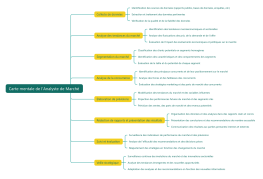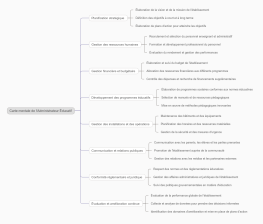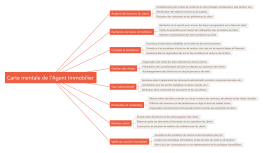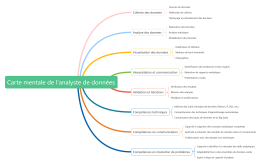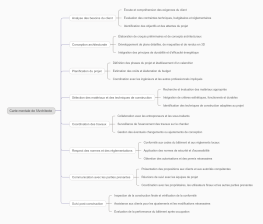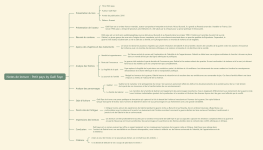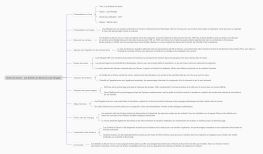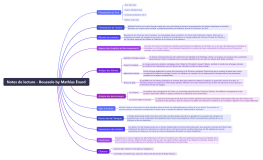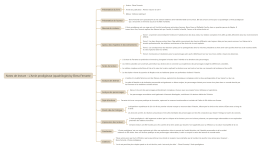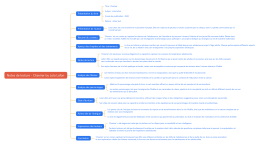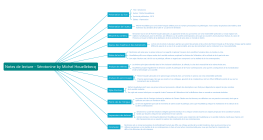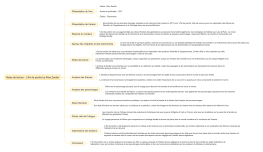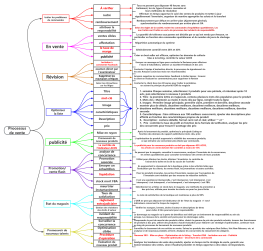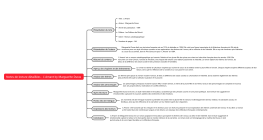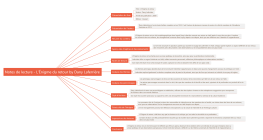L ordre du jour by Éric Vuillard:Notes de lecture
2024-08-02 11:06:59 0 Signaler
Connectez-vous pour voir le contenu complet
Autres créations de l'auteur
Plan/Contenu
Book Introduction
Author: Éric Vuillard
First Published: 2017
Publisher: Actes Sud
Author Introduction
Éric Vuillard (born 1968): French author and filmmaker known for his historical fiction and essays. He won the Prix Goncourt in 2017 for 'L'ordre du jour'.
Overview
'L'ordre du jour' is a historical fiction novel that delves into the events leading up to World War II. It focuses on the meeting between German industrialists and Hitler in 1933, shedding light on the complicity of big business in the rise of Nazism.
Plot Summary
1. The novel begins with the meeting between German industrialists and Hitler at the Reichstag in 1933.
2. It explores the economic and political motivations behind the support of big business for the Nazi regime.
3. The narrative follows the consequences of this collaboration, leading to the annexation of Austria and the Sudetenland.
4. It portrays the individuals involved in these events, including Hitler, Krupp, and others.
5. The novel concludes with reflections on the moral implications of such complicity and the inevitability of war.
Reading Notes
'L'ordre du jour' offers a chilling portrayal of how economic interests converged with political ambition to shape the course of history.
Vuillard's prose is concise yet powerful, capturing the gravity of the events he describes.
The novel prompts readers to reflect on the complexities of complicity and the moral dilemmas faced by individuals and corporations.
Themes
Key themes include the rise of fascism, the role of business in politics, and the moral responsibility of individuals in the face of tyranny.
The novel also explores themes of power, corruption, and the manipulation of public opinion.
Character Analysis
While 'L'ordre du jour' primarily focuses on historical events, it provides insights into the motivations and actions of key figures such as Hitler and industrialists like Krupp.
These characters symbolize larger forces at play, highlighting the collusion between political leaders and business elites.
Writing Style
Vuillard's writing style is understated yet evocative, conveying a sense of urgency and moral reckoning.
His use of detail and historical context enriches the narrative, immersing readers in the atmosphere of pre-war Europe.
Key Plot Points
The pivotal meeting between Hitler and German industrialists marks a turning point in the novel, revealing the extent of corporate support for the Nazi regime.
The annexation of Austria and the Sudetenland further illustrate the consequences of this collusion, setting the stage for global conflict.
Reader's Impression
'L'ordre du jour' is a thought-provoking and meticulously researched work that sheds light on a lesser-known aspect of World War II history.
Vuillard's exploration of the nexus between politics and commerce offers valuable insights into the complexities of human behavior and the allure of authoritarianism.
Conclusion
Éric Vuillard's 'L'ordre du jour' is a compelling and sobering reminder of the dangers of complacency and the consequences of moral compromise.
Through vivid storytelling and incisive analysis, Vuillard invites readers to confront uncomfortable truths about the past and contemplate their relevance to the present.

0 Commentaires
Page suivante
Recommandé pour vous
Voir plus

